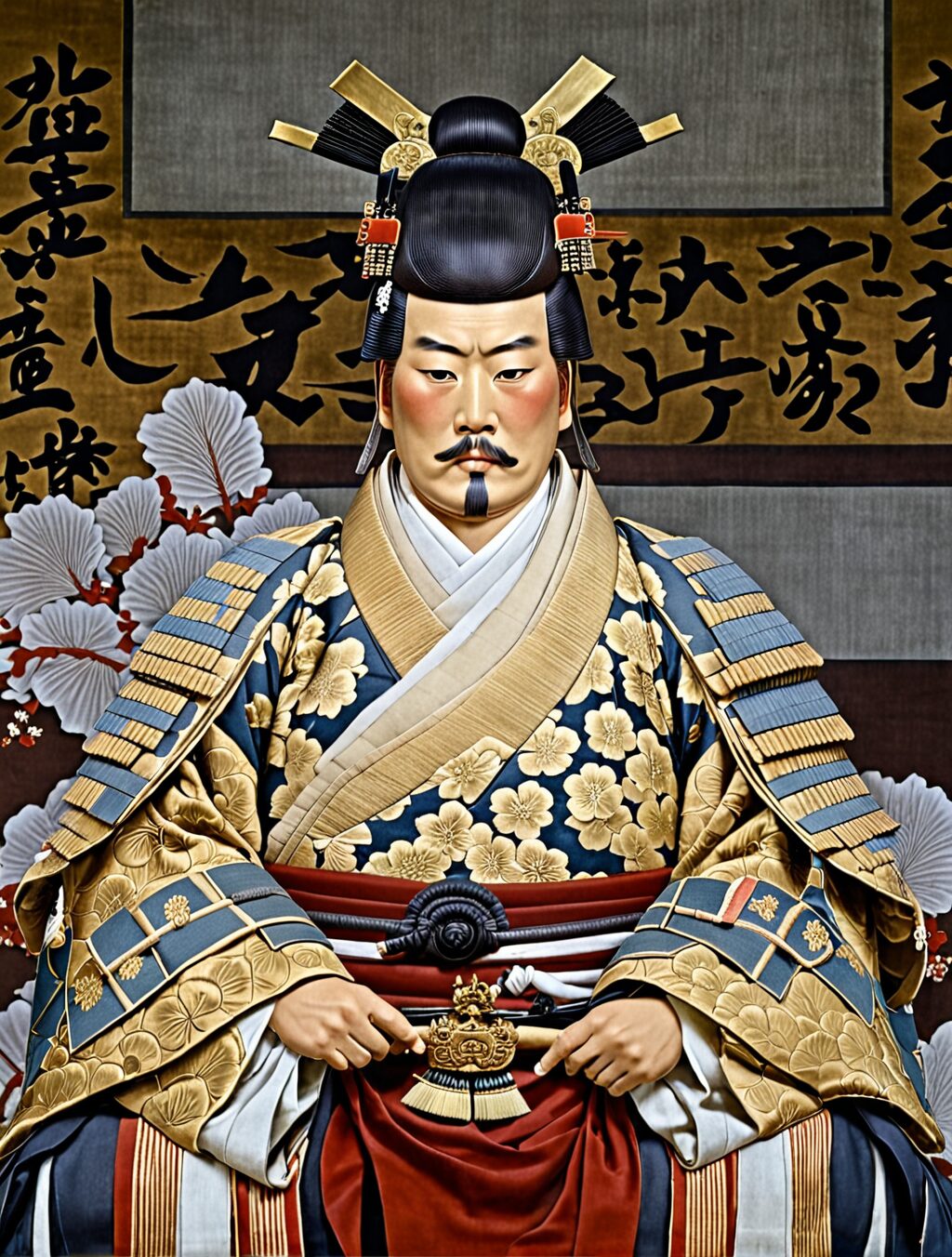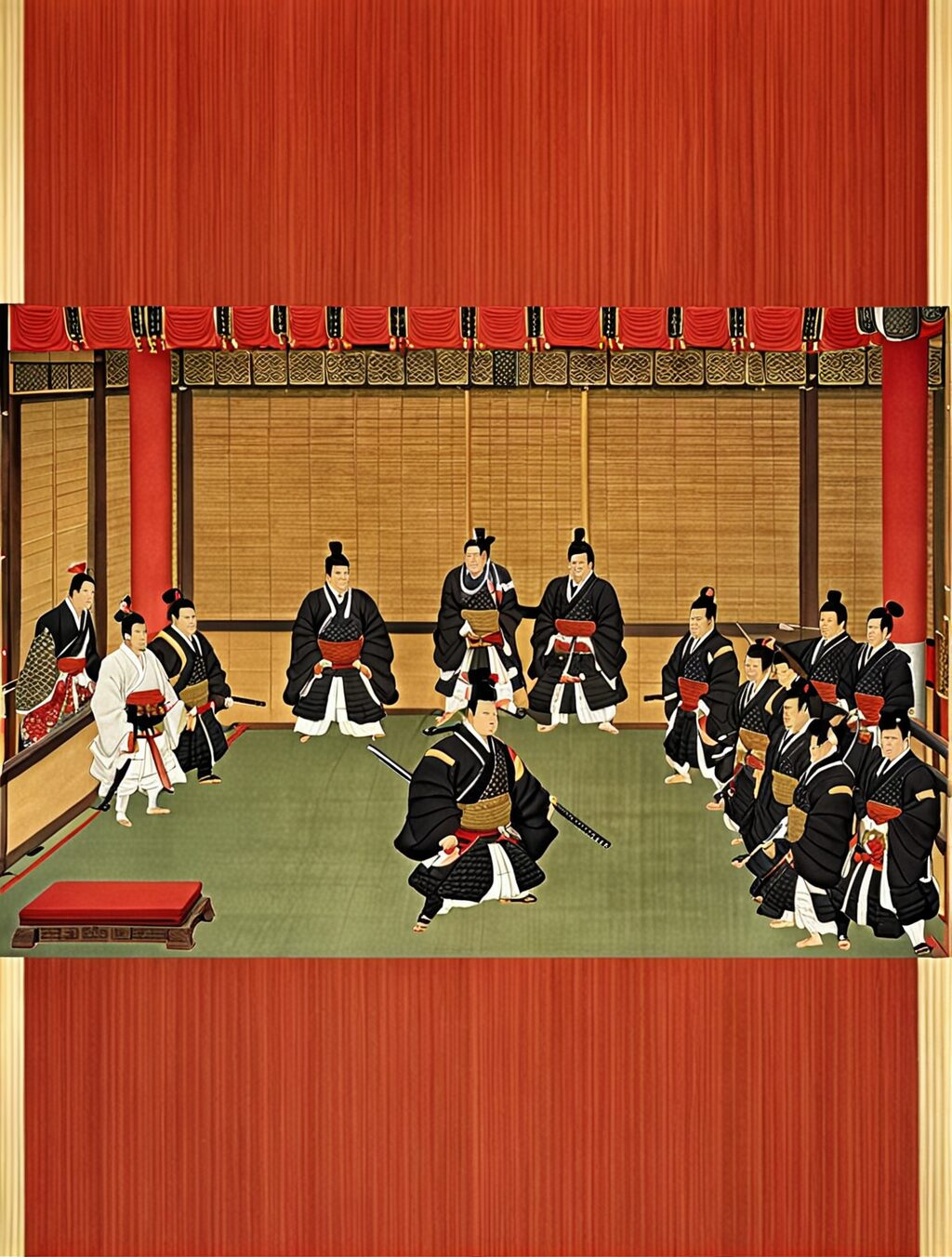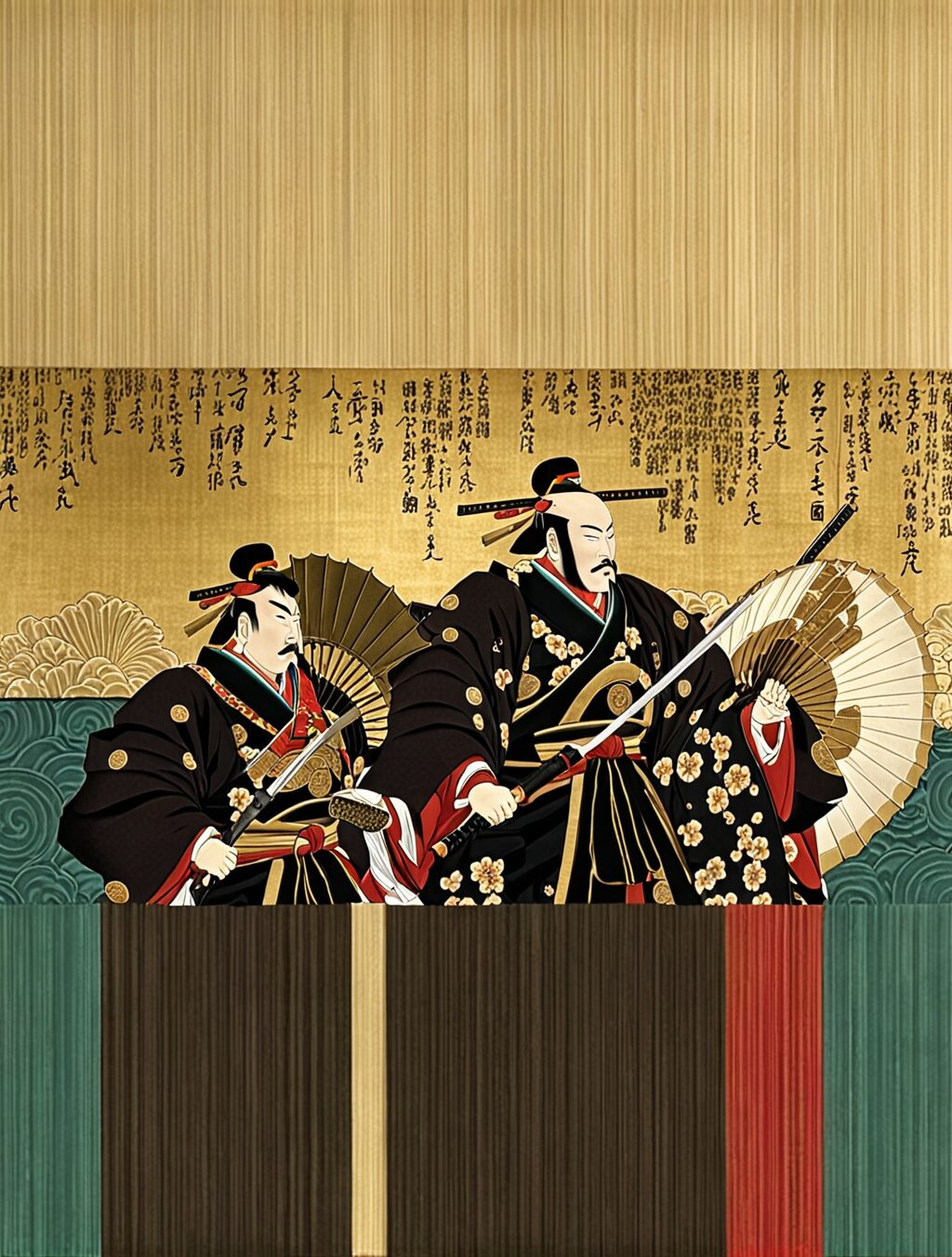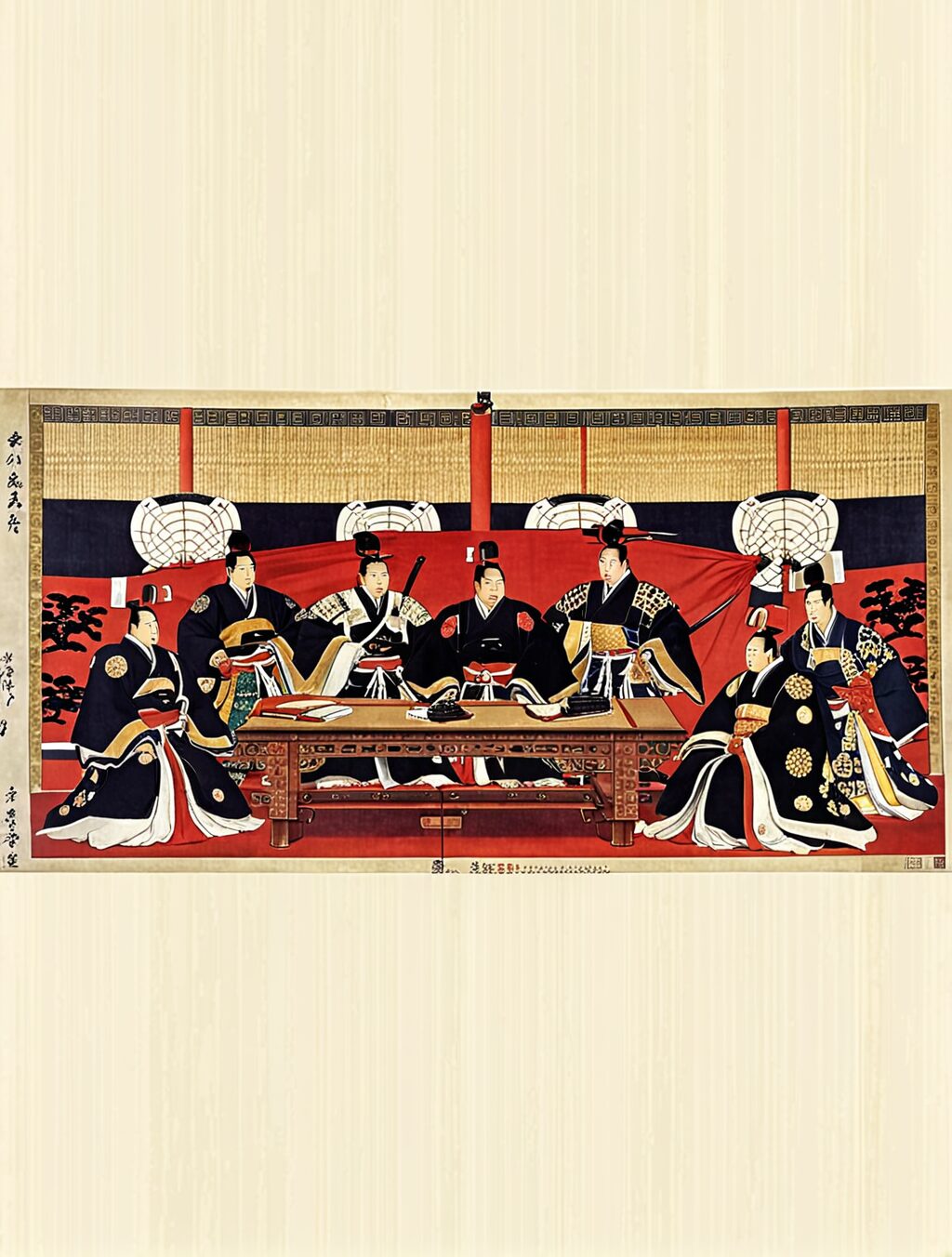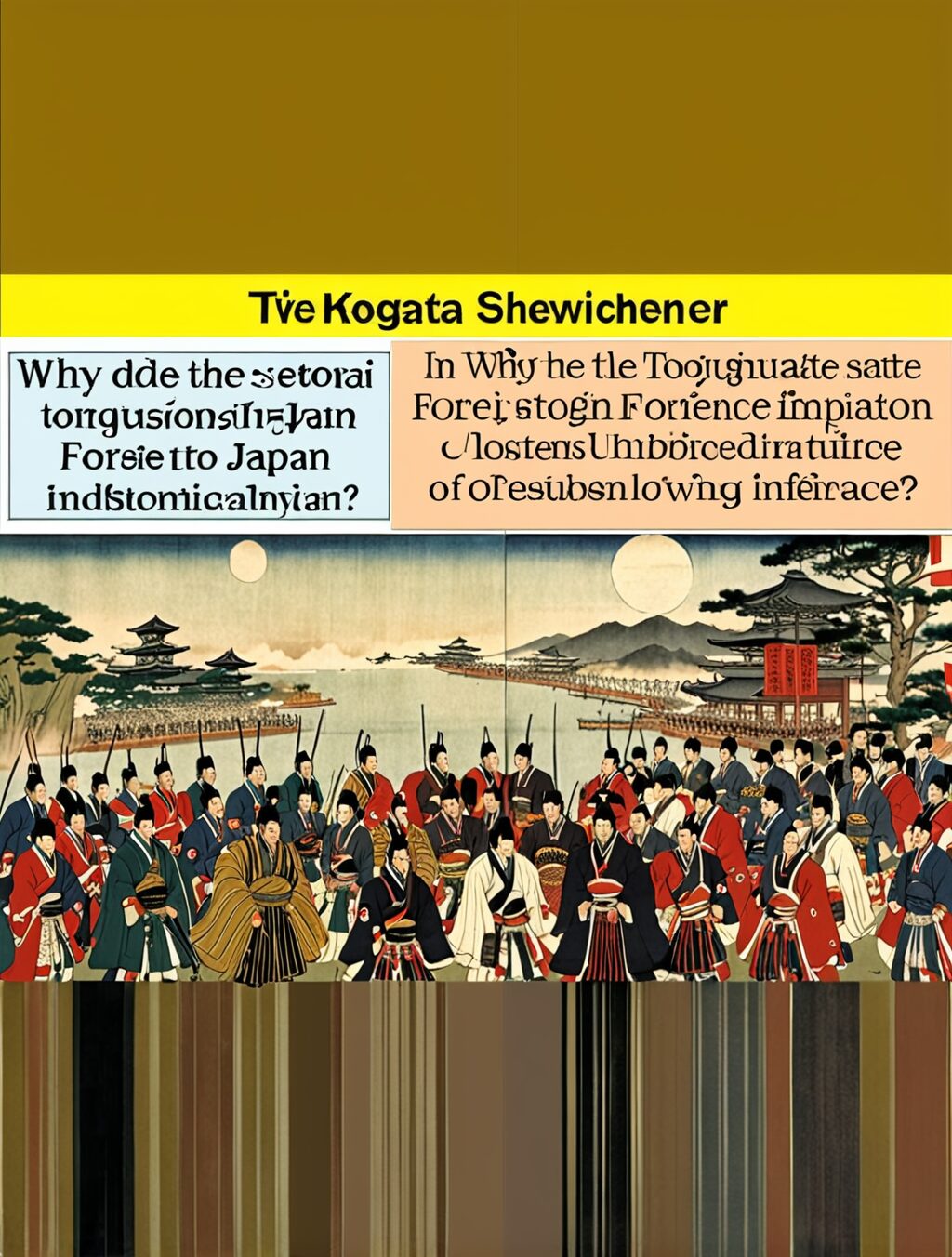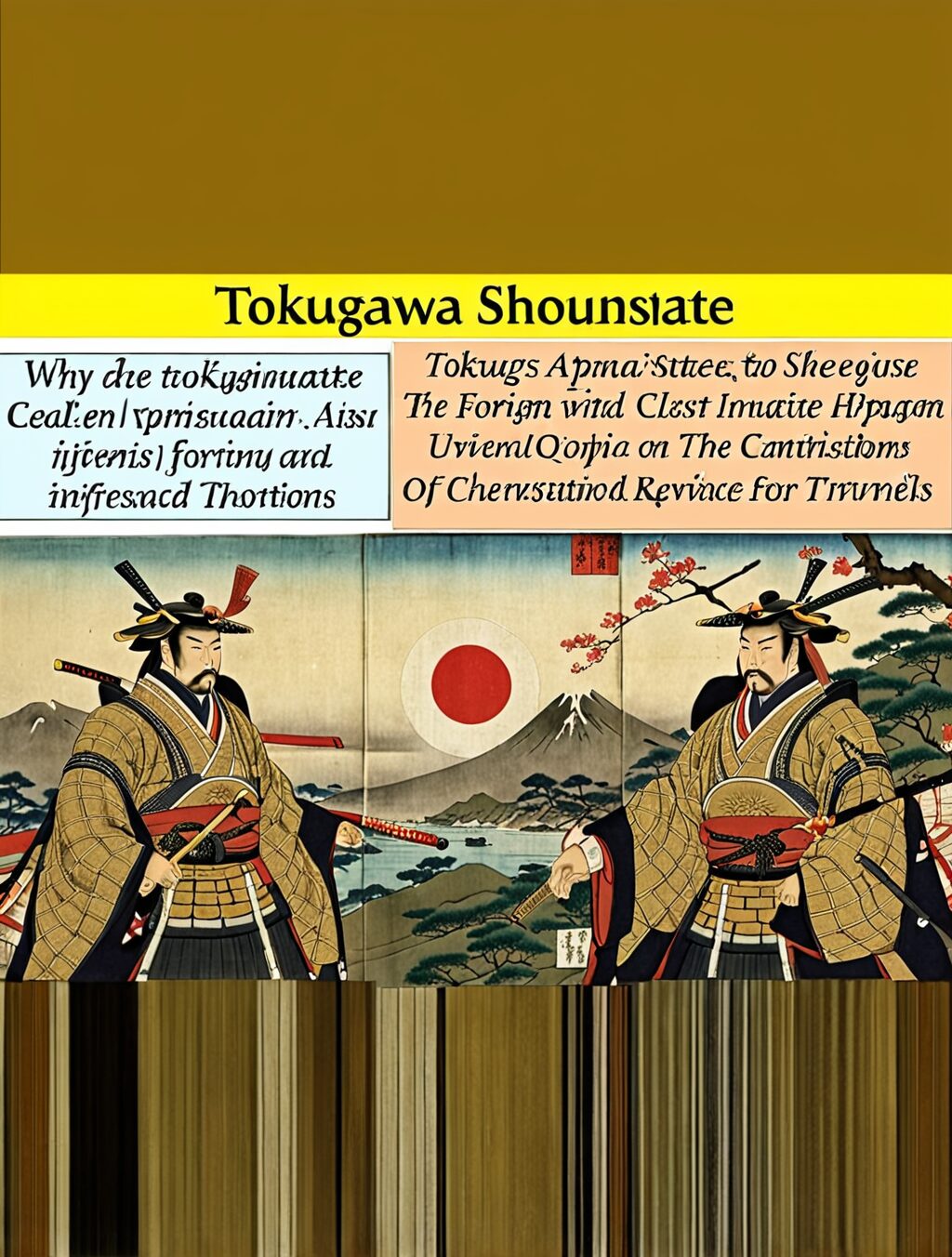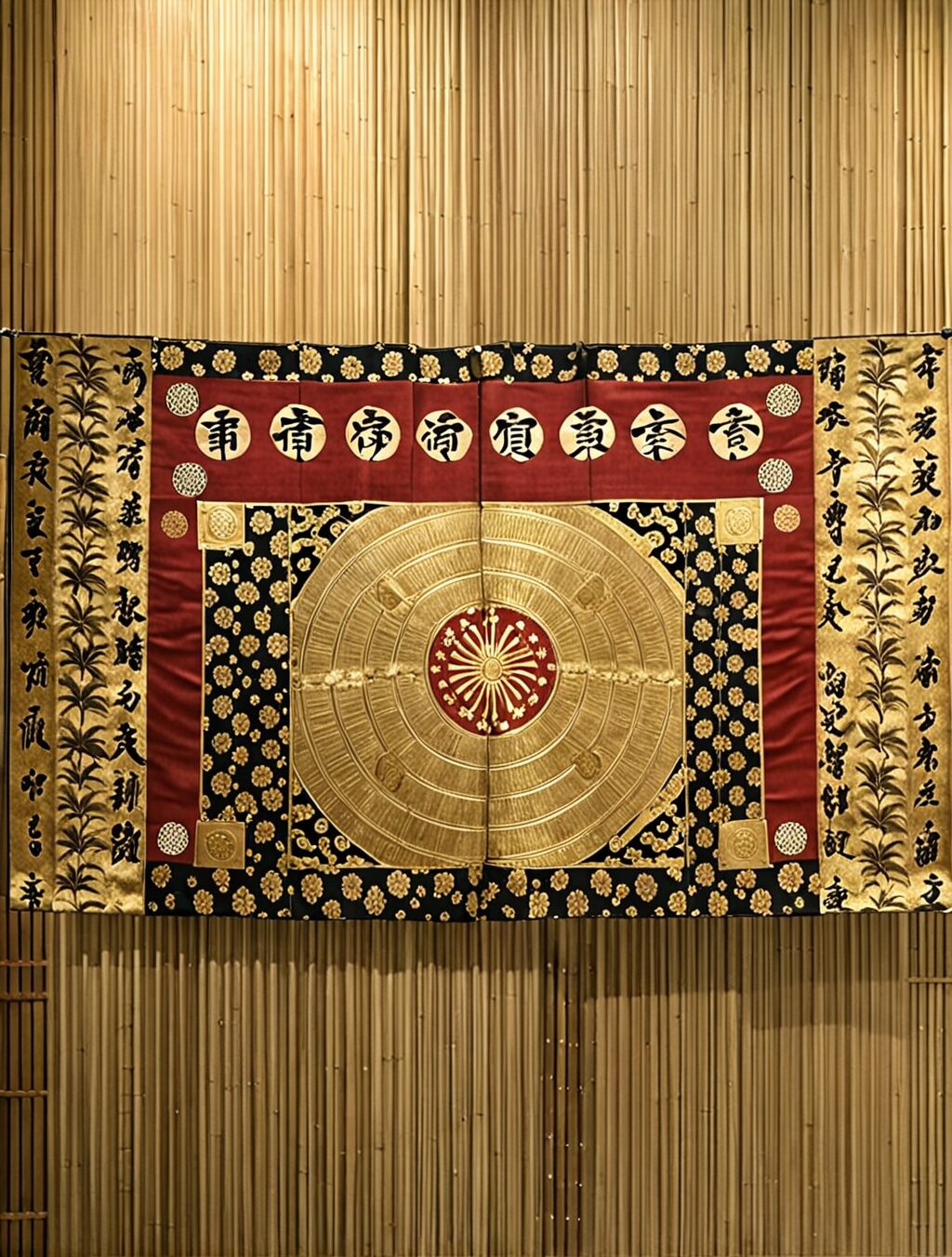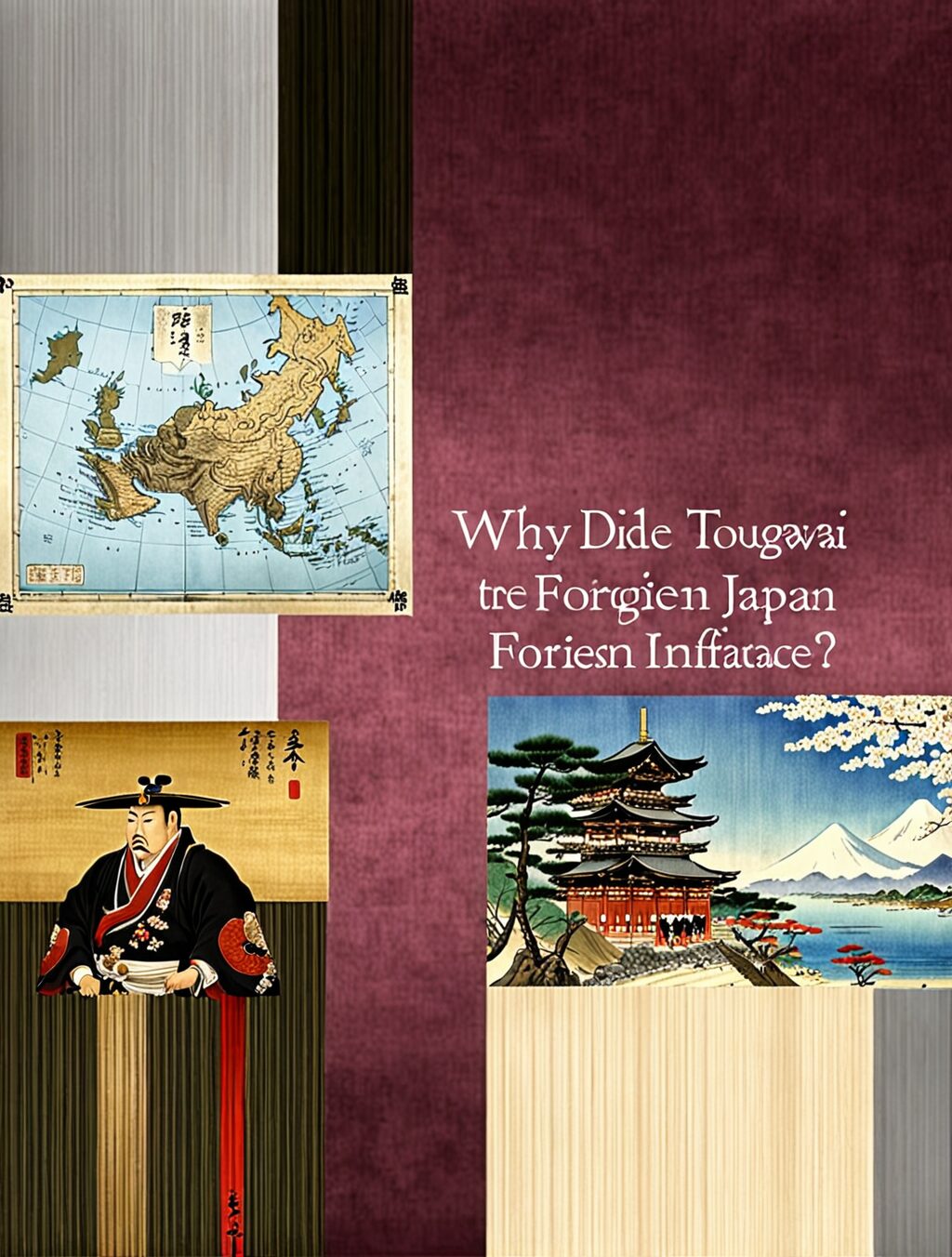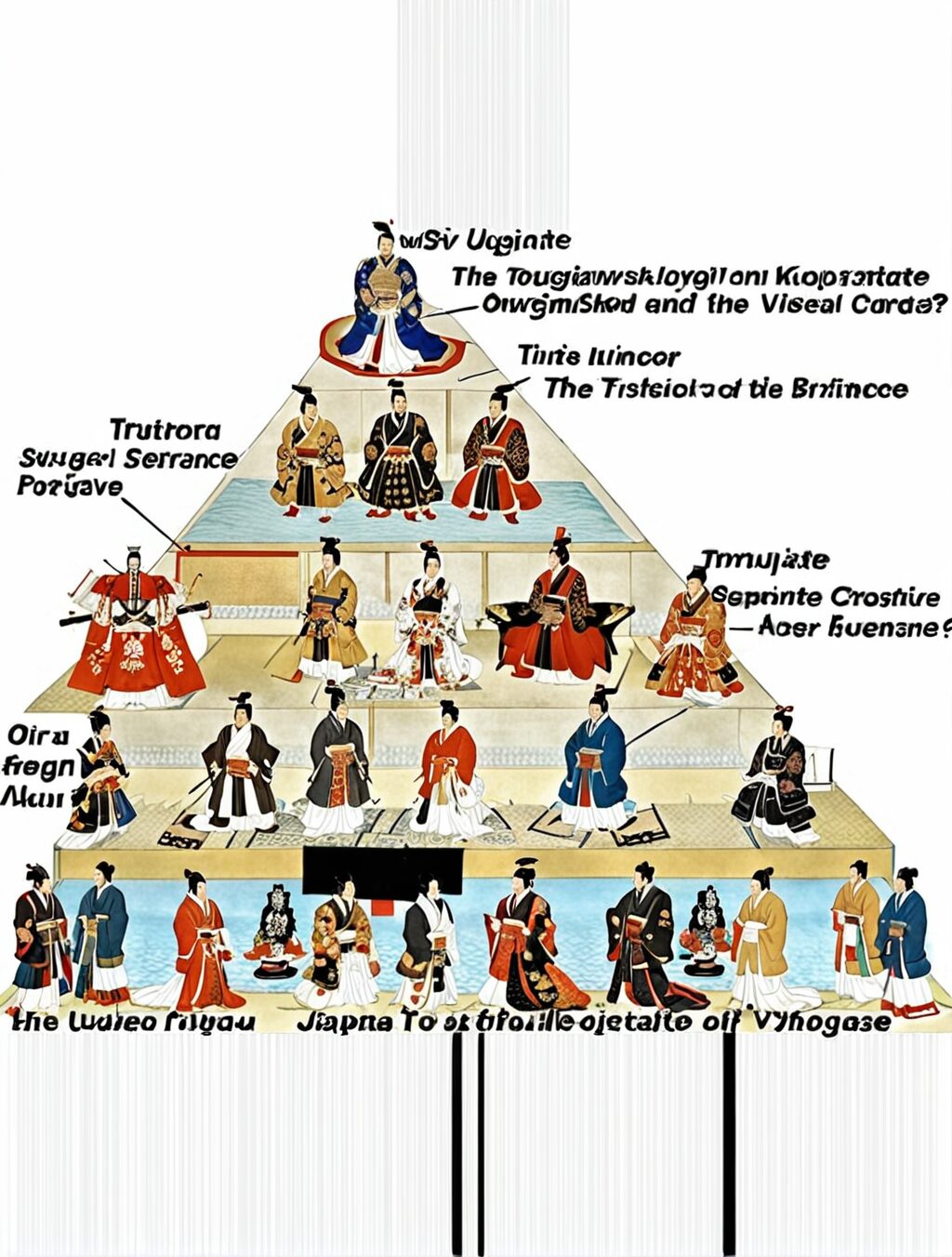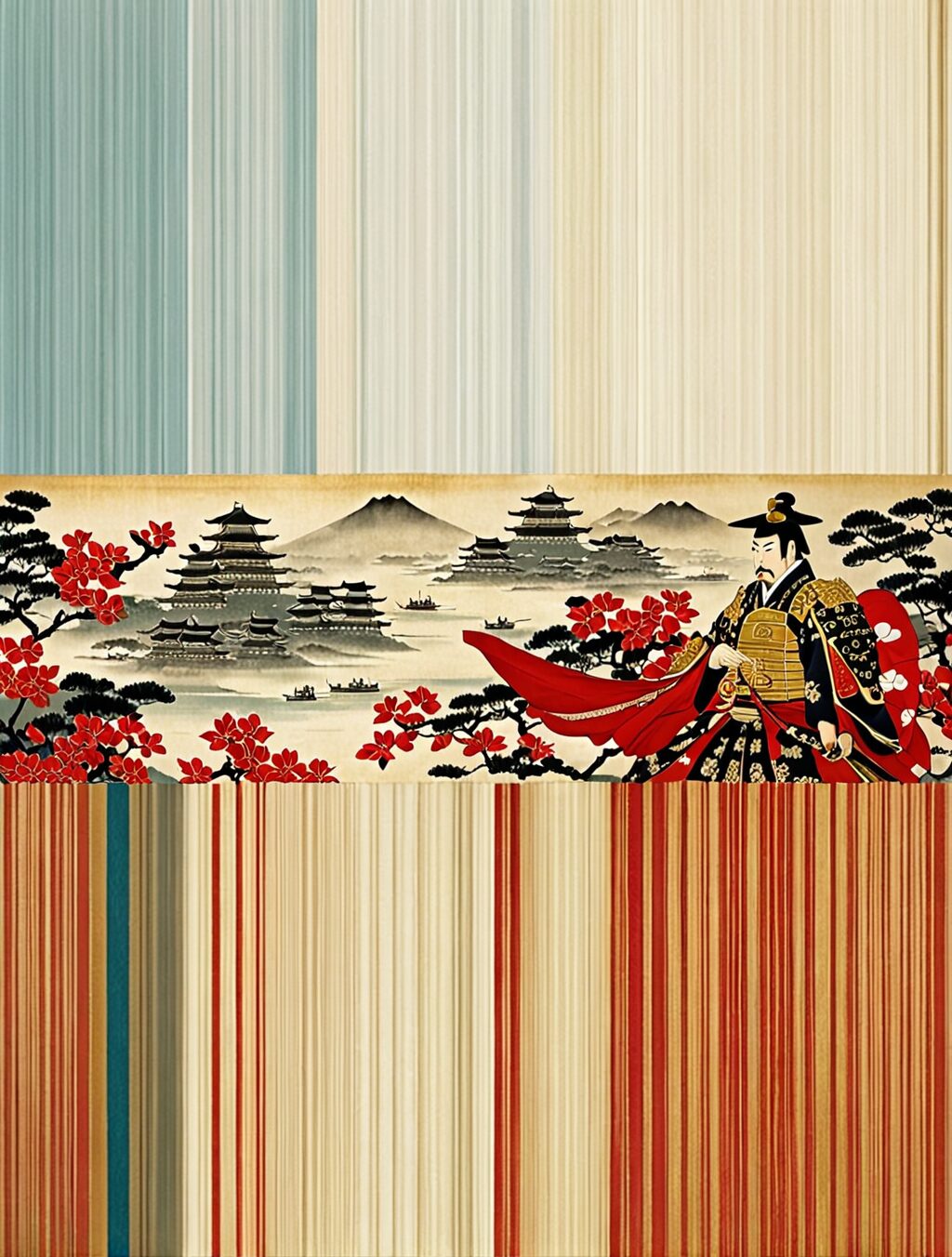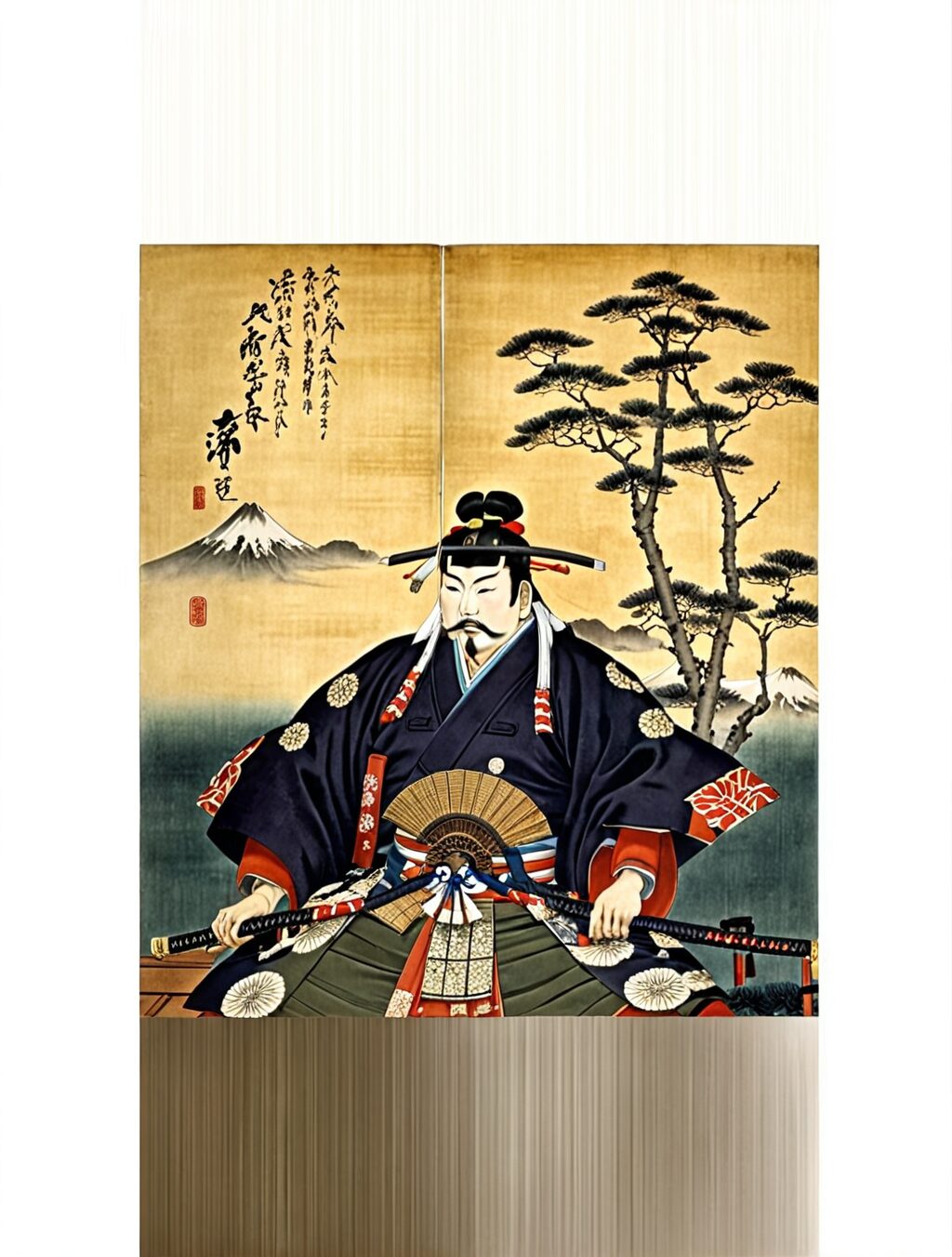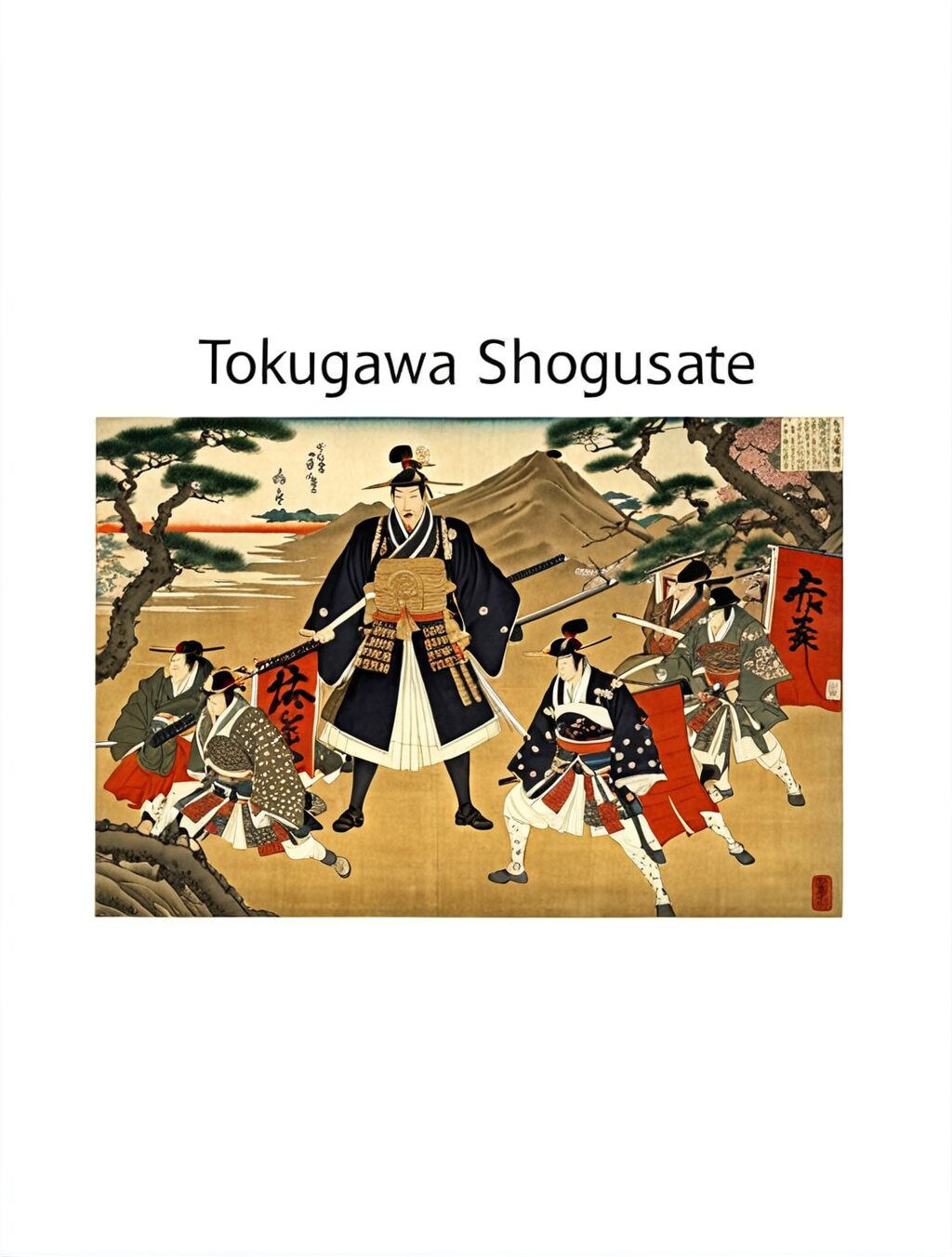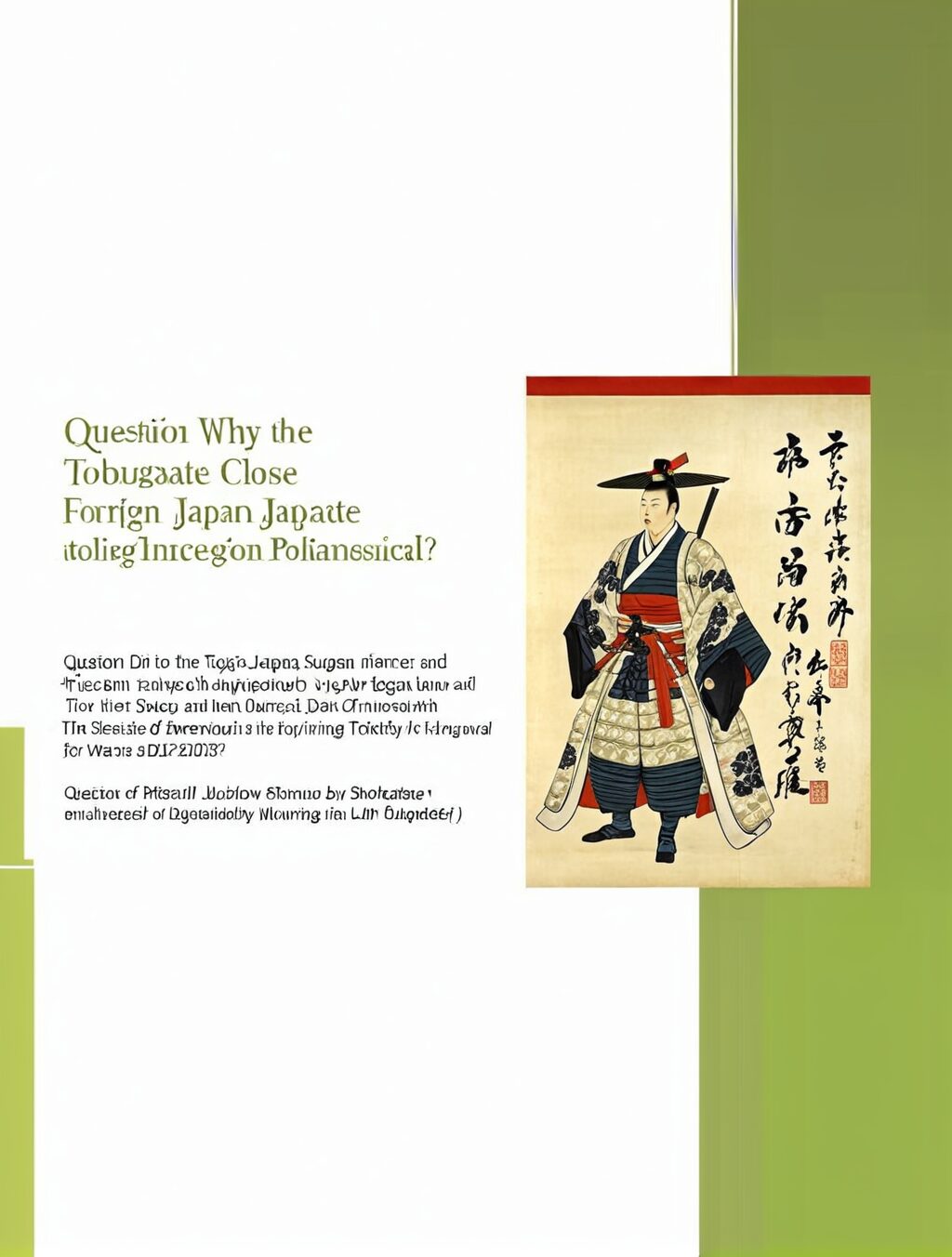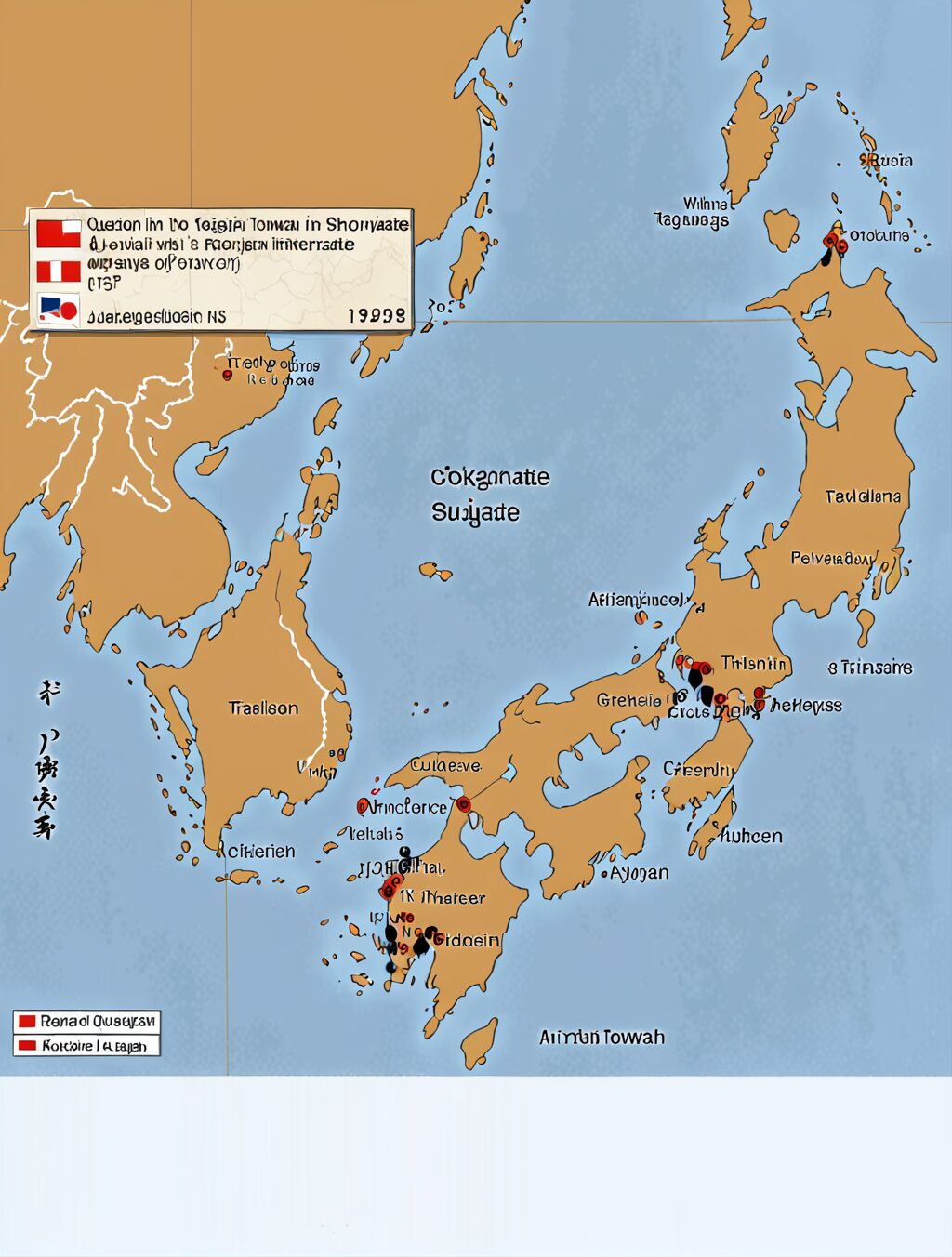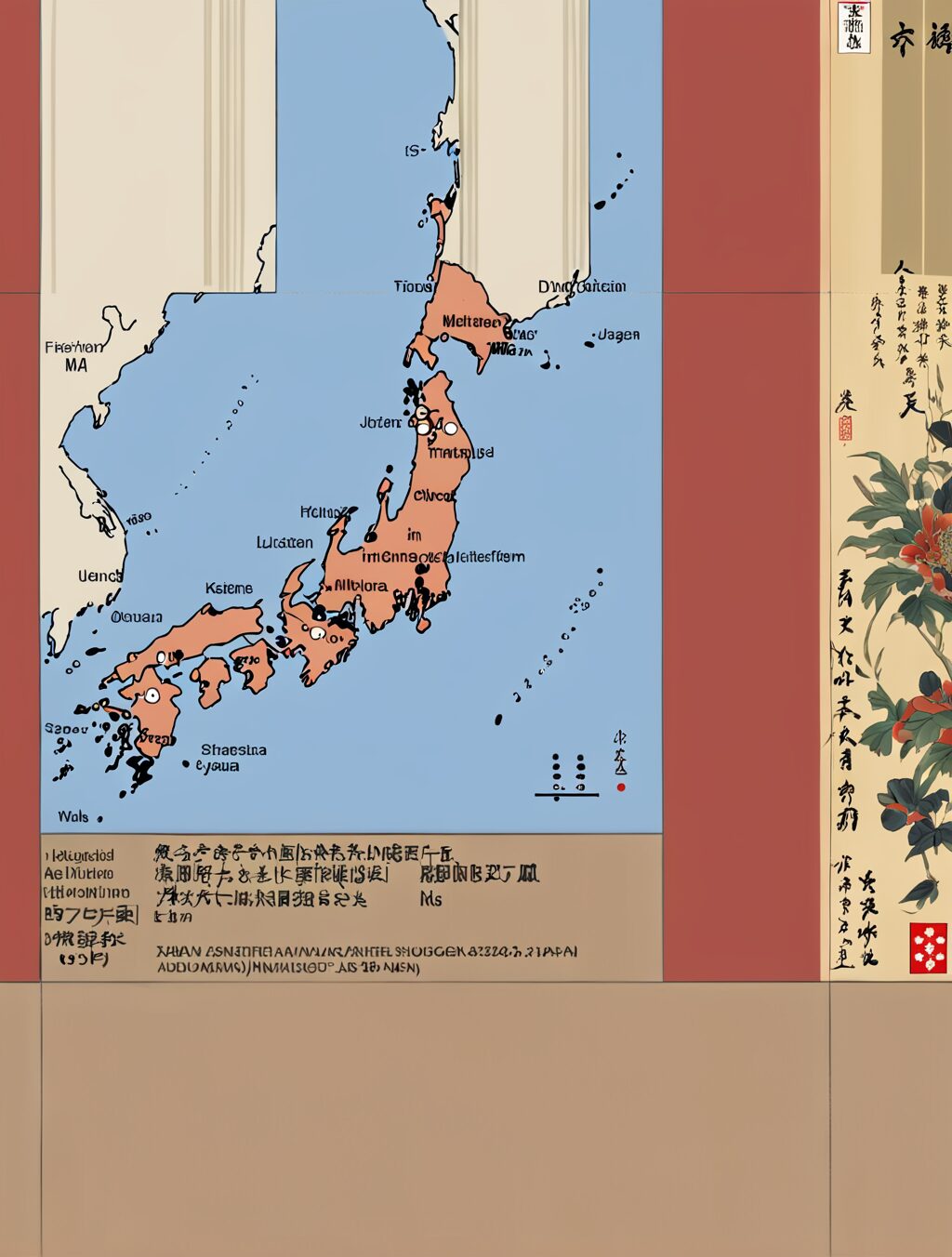Why Did the Tokugawa Shogunate Close Japan to Foreign Influence?
Win a Free Trip to Japan!
Experience cherry blossoms and ancient temples
Introduction
The Tokugawa shogunate, which ruled Japan from 1603 to 1868, enforced a policy of sakoku, or national isolation, that lasted for over 200 years. This policy had a profound impact on Japan’s development, and its reasons are still debated by historians today.
Reasons for the Isolation Policy
* Religious Concerns: The introduction of Christianity by European missionaries in the 16th century raised concerns among the shogunate that it could undermine traditional Japanese beliefs and social order.
* Economic Control: The shogunate sought to maintain control over Japan’s economy by preventing foreign merchants from disrupting existing trade patterns.
* Military Weakness: Japan’s military was no match for the technologically advanced European powers, and the shogunate feared that opening the country would lead to conquest.
* Cultural Preservation: The shogunate aimed to preserve Japan’s unique culture and customs by limiting outside influences.
Consequences of the Isolation Policy
* Economic Stagnation: Japan fell behind the rest of the world in terms of technological and economic development.
* Social and Cultural Rigidity: Society became highly stratified and inflexible, with little room for change or innovation.
* Limited Knowledge of the Outside World: Japan remained largely ignorant of global affairs, which made it difficult to adapt to changing circumstances.
Conclusion
The Tokugawa shogunate’s isolation policy was a complex and controversial decision. While it may have served its purpose in the short term, it ultimately had negative consequences for Japan’s long-term development. The country’s eventual reopening to the outside world in the 19th century marked a major turning point in its history.
FAQs
* Q: Why is the period of Japanese isolation known as sakoku?
A: Sakoku means “closed country” in Japanese.
* Q: What were some of the specific restrictions imposed during the isolation period?
A: Foreigners were forbidden from entering Japan, and Japanese were forbidden from leaving. Trade with foreign countries was severely restricted.
* Q: What was the impact of the isolation policy on Japan’s relationship with the West?
A: Japan’s isolation from the West led to a significant cultural and technological gap between the two regions.
